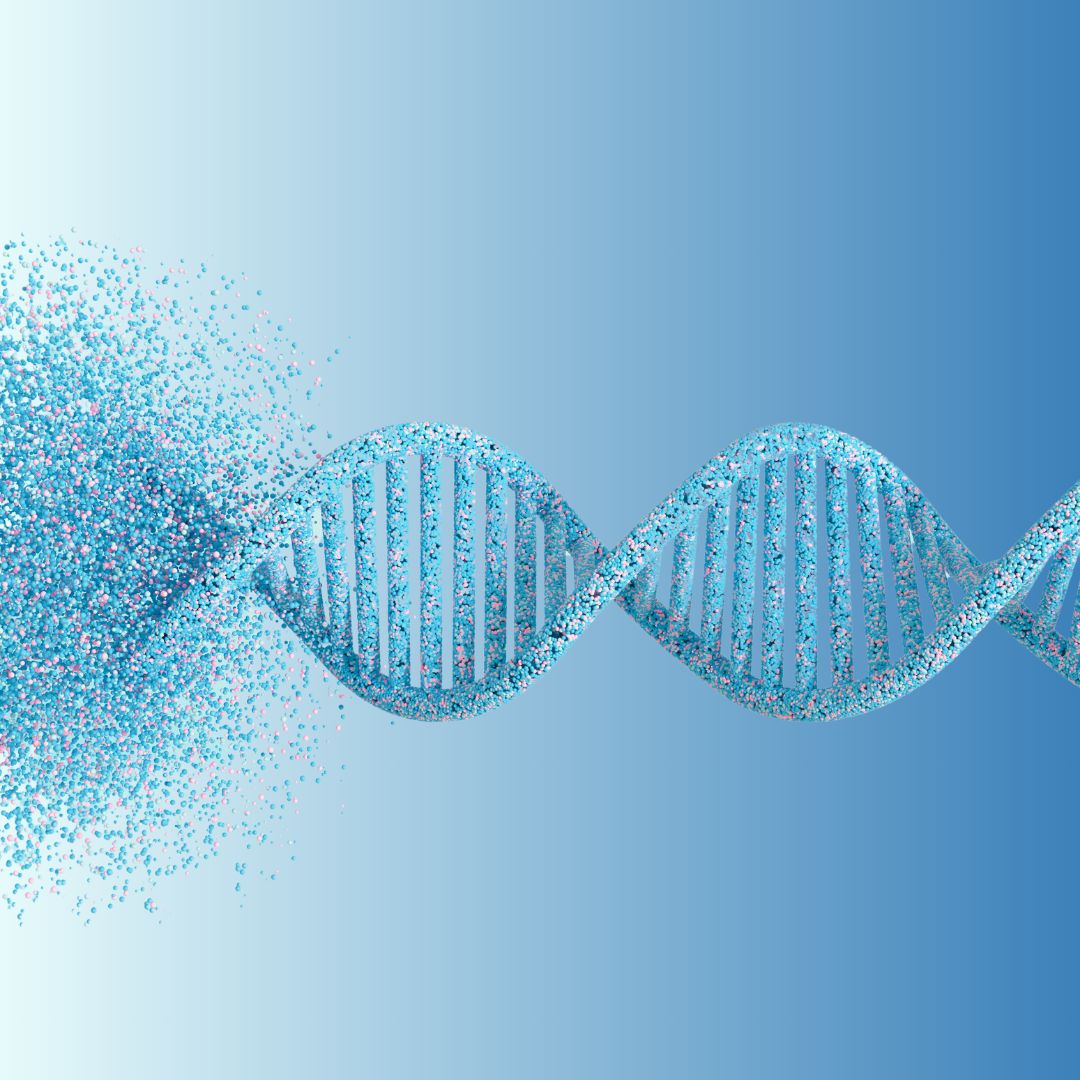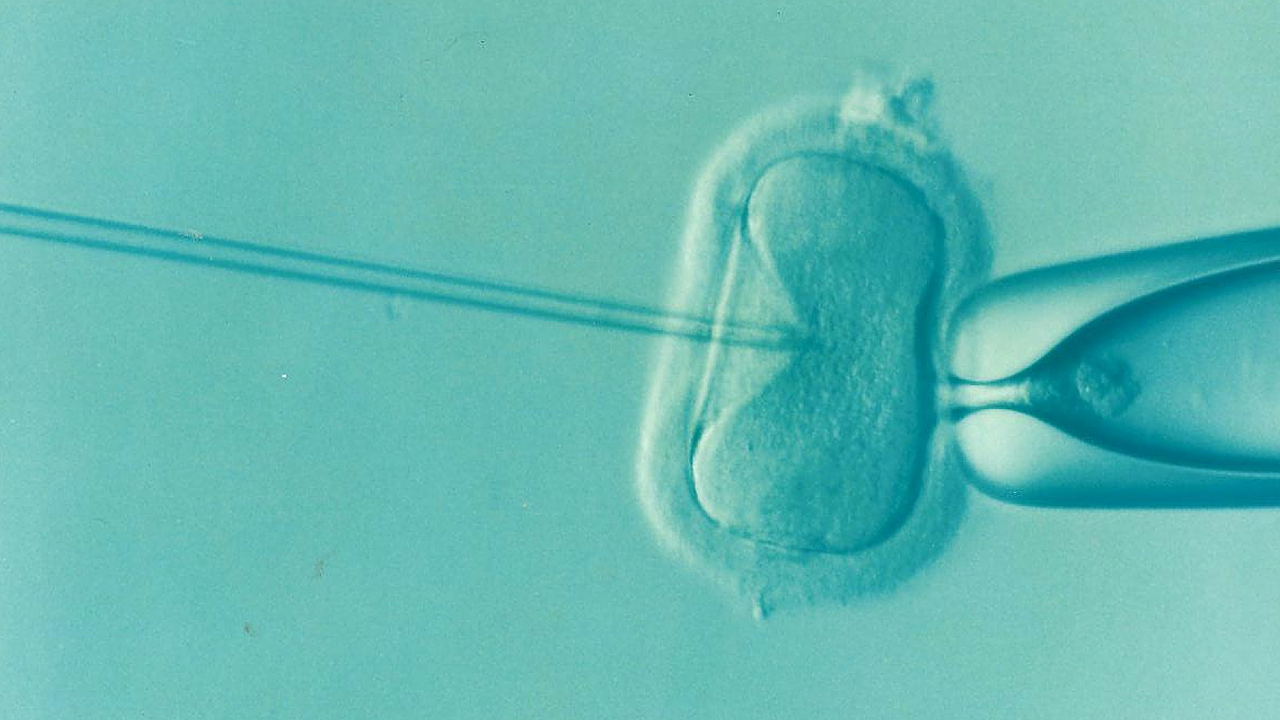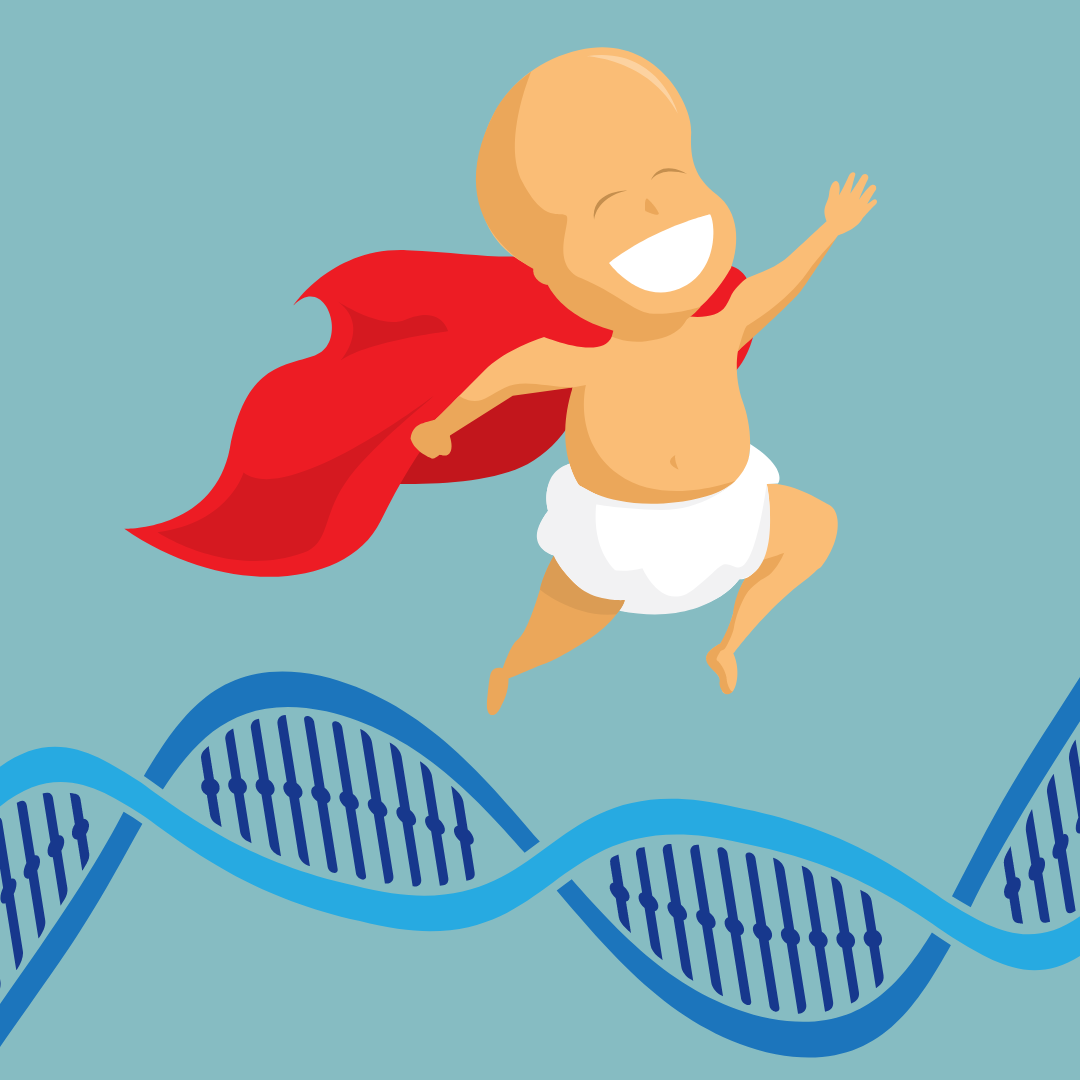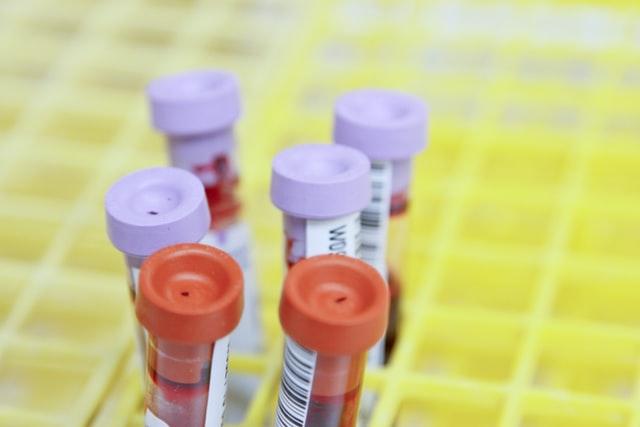In August 2017, scientists reported that they had used the gene-editing tool CRISPR–Cas9 to correct a mutation in viable human...
Biopolitics
The Center for Genetics and Society uses the term “biopolitics” to refer to public understanding, public policies, and public-interest advocacy about the social meanings and consequences of human biotechnologies. Biopolitics recognizes the need for public and political engagement on consequential applications of biotechnologies, such as heritable genome editing. Biopolitical views are not always aligned with political positioning on other issues, especially in the U.S. Public interest advocates working in a biopolitical framework emphasize the importance of prioritizing social justice when evaluating technological innovations.
Aggregated News
To converse with Shobita Parthasarathy is to be enveloped in two kinds of warmth: that of a generous-spirited, energetic, and...









